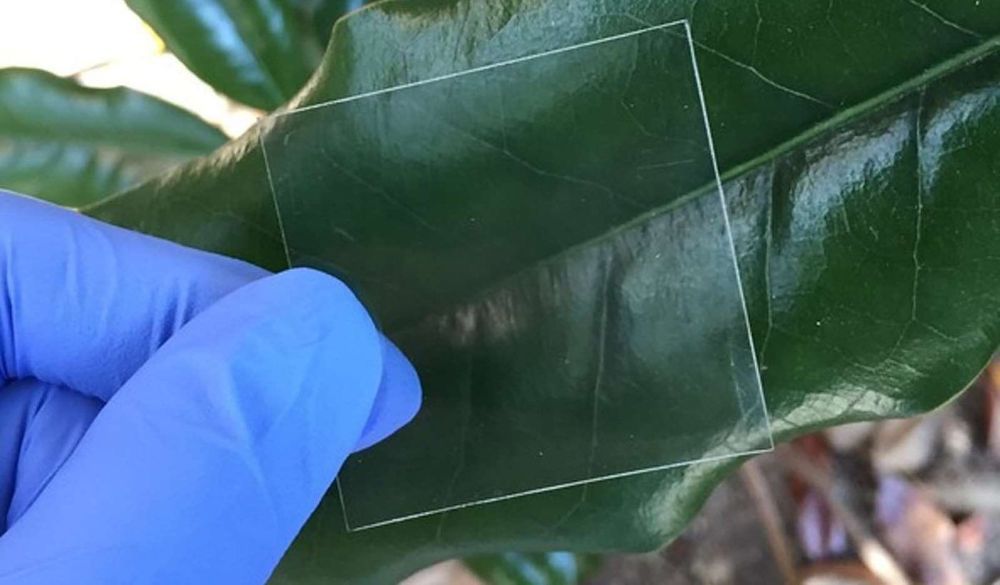Looks like we will have wooden glass in the future. 😃
University of Maryland scientists made a transparent wood nearly as clear as glass to make stronger, better insulating windows.



Scientists in China have created a nanogenerator that can generate wind energy created by a person on a brisk walk.
Article. The research/article indicates that childhood trauma can not only impact the current generation, but future generations. Biochemical signals are sent to the germ cells, modifying the expression of some genes and/or the DNA structure.
Traumatic experiences can have a lasting impact, so children that suffer through them can feel their effects for a lifetime. Work has also shown that trauma can change the way genes are expressed, through epigenetics. Epigenetic changes do not alter the sequence of genes but they alter the biochemistry of DNA, and these changes are sometimes passed down to future generations through germ cells. Scientists have been working to learn more about how traumatic events get embedded in the genetic code of germ cells.

New research reported in The EMBO Journal has used a mouse model to suggest that childhood trauma can influence the composition of blood, and this is the conduit for passing the impact down to offspring.

“In a world first, a “cold-shock” protein has been found in the blood of regular winter swimmers at London’s Parliament Hill Lido.”
“The protein has been shown to slow the onset of dementia and even repair some of the damage it causes in mice.”
“Prof Giovanna Mallucci, who runs the UK Dementia Research Institute’s Centre at the University of Cambridge, says the discovery could point researchers towards new drug treatments which may help hold dementia at bay.”
Swimmers at a London lido aid understanding of what cold does to the body.

Google has an inventive new song finding feature! 😃
Google has launched an app that finds the song that’s been stuck in your head. Read more to find out what you have to do for it to figure it out in seconds.
Sorry Microsoft, but I guess people like Google Maps more. 😃
So much for showcasing Redmond’s Chocolate Factory alternative.
